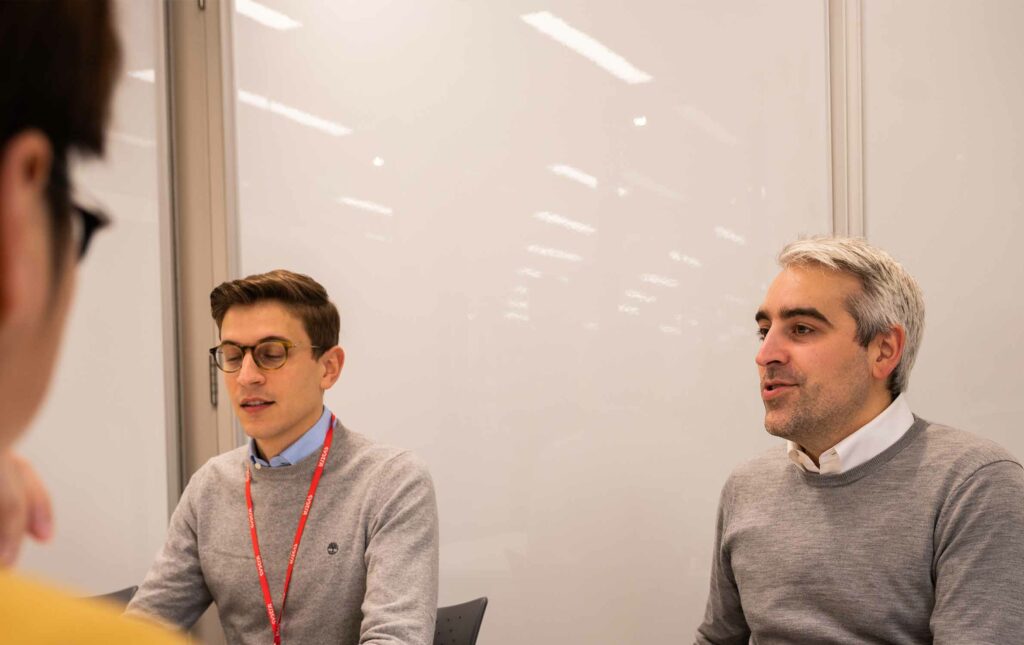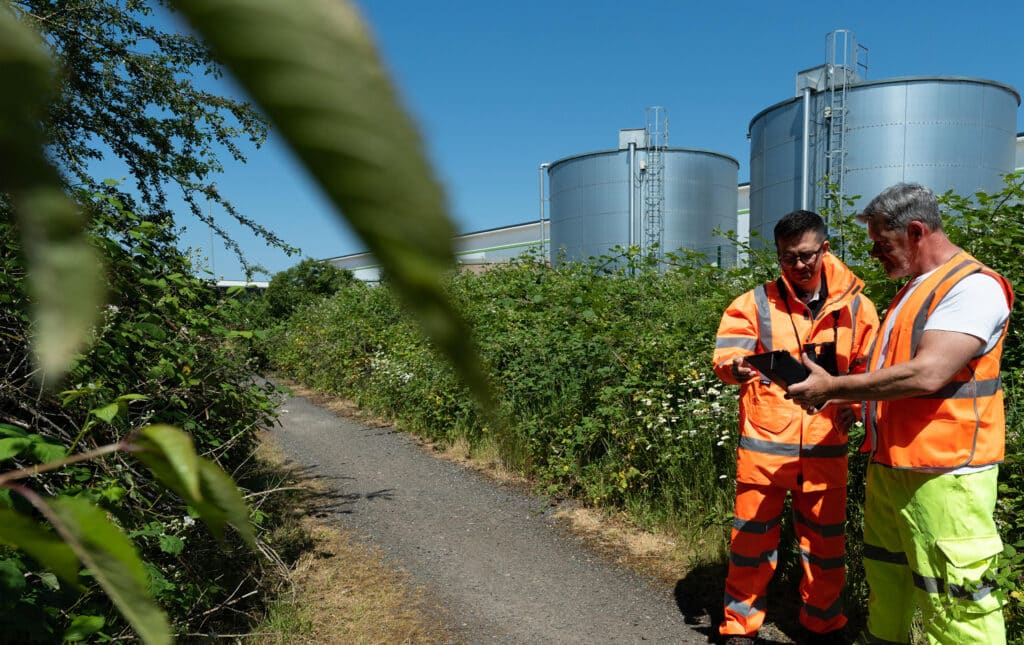Roughly a fifth (19%) of Ireland’s carbon emissions currently come from transport – and these emissions have increased in recent years. Overall climate change gas emissions have dropped since 1990. That makes tackling carbon emissions from transport a top priority for local, city, regional and national authorities across Ireland.
The Climate Action Plan 2023 sets out a target for the transport sector in Ireland to achieve a 50% reduction in carbon emissions by 2030 – on the path to achieving net zero by 2050.
CLIMATE EMERGENCY – HOW CAN SYSTRA ASSIST
SYSTRA has more than 50 years’ experience in the transport planning industry. This expertise can play a vital role in helping clients achieve their climate emergency goals.
SYSTRA IS LOOKING FORWARD TO COP28! – REVISIT OUR WEBINARS FROM COP26
SYSTRA developed a series of five monthly webinars in the run up to COP26 covering the climate emergency and the route to net zero. The sixth and final webinar took place on Thursday 21st April 2022, and reflected on the impact of COP26, asking “The road to zero carbon post COP26 – where do we go next?”
The road to zero carbon post COP26
Following COP 26, local authorities – and the the transport sector in general – are carefully analysing Government signals about how the road to zero carbon is being followed.
Local and regional council strategy could have direct impact on one-third of local emissions through levers over housing, transport and the natural environment, but many are wondering if the funding and political will to take forward such policies exists.
This webinar explores what the next steps to net zero should be:
- This webinar explores what the next steps to net zero should be:
- learning from post-pandemic travel demand changes – what is the real role of transport planning today?
- is there a case for making major shifts in funding and priority from the roads programme to active travel, public transport, and sustainable planning?
- how much do place-based approaches really matter?
- making net zero fair: considering mobility, safety, health and economic inequalities
THE FUTURE OF RURAL MOBILITY
The summer of 2021 has been awash with reports about transport decarbonisation, and most have highlighted the scale of the challenge for rural areas in particular. More than half the country’s population lives in small towns, rural areas, or suburban fringes.
The economics of transport in rural areas is very different from urban settings, and most accept that a one-size-fits-all approach to decarbonising transport will not achieve the desired outcomes. The webinar will explore:
- Is the Government’s Road to Zero industrial strategy / transport decarbonisation plan urban-centric?
- Electrification outside of urban areas
- What are the possible outcomes for the rural community when it comes to transport decarbonisation options?
- MaaS, mobility hubs, shared transport and on demand / DRT services
- Funding and business models for rural public transport
- Supporting active travel
TRANSPORT DECARBONISATION PLAN: A BEGINNING, NOT AN END. SO WHAT’S NEXT?

- video
Transport Decarbonisation Plan: a beginning, not an end. So what’s next? August 2021
What does the TDP really say about car use and car ownership, and is road building going to really be necessary in that context? How much of the transport carbon budget do local authorities have control over, and what do they need from the proposed ‘toolkit’?
Can we achieve carbon reduction from passenger transport if the costs of electrified motoring are going down? How are we going to level up costs between cars and public transport? How can we get the transport sector to account – with transparency – for its wider carbon footprint?
BEHAVIOUR CHANGE ON THE ROAD TO NET ZERO: CARROTS AND STICKS
Social change is critical to rapid decarbonisation, but can there really be a one-size-fits-all approach? How can we ensure that innovation in decarbonised transport is ready for all kinds of places – city and rural – and for different lifestyles, age groups and varying demographics?
- Understanding the true cost of transport: we spend huge sums on transport and travel, so how can these monies be targeted at net zero and healthy, safe and active travel?
- Exploring the private car and its role in all our futures
- Insights into how people wish to, and are able to, practice transport decarbonisation
- Whether there is a case to introduce some form of national road pricing scheme – and if so, what kind of scheme or schemes?
- The technology possibilities and challenges of introducing such scheme
- The sorts of policy objectives that will get public support
PLANNING FOR 15 MINUTE CENTRES
People need access, not transport – and that means access to educational, economic, social and cultural opportunities.
When designing neighbourhoods, the aspiration should be for everyone to live within a short walk, cycle or scoot of such amenities and all basic facilities, for example significant green space and a transport hub for onward connections, when and if required.
For decades, planning has been about mobility: helping people get from point A to point B as quickly as possible. It’s been about ‘how far you can go’ in a given amount of time, rather than ‘how much you can get to’ in that time.
CARBON, CLIMATE – WHAT’S THE EMERGENCY?
The first event took place on Thursday 15th April 2021 and it introduced the Climate Emergency agenda covering:
- What’s the issue and what do the guidelines say.
- Approaches and barriers to achieving NET zero.
- A panel discussion answering your Frequently Asked Questions including
- Will the pandemic behavioural change help with achieving NET Zero Carbon?
- Does Offsetting work?
- Are electric vehicle the panacea to solve transport emissions?
- Are Biodiversity and Climate change emergencies related?
- How much can we change as individuals, organisations and local authorities?
 Australia
Australia  Brazil
Brazil  Canada
Canada  China
China  Denmark
Denmark  France
France  India
India  Indonesia
Indonesia  Italy
Italy  Malaysia
Malaysia  New Zealand
New Zealand  Norway
Norway  Poland
Poland  Saudi Arabia
Saudi Arabia  Singapore
Singapore  South Korea
South Korea  Sweden
Sweden  Taiwan
Taiwan  Thailand
Thailand  United Kingdom
United Kingdom  United States
United States  Vietnam
Vietnam 



